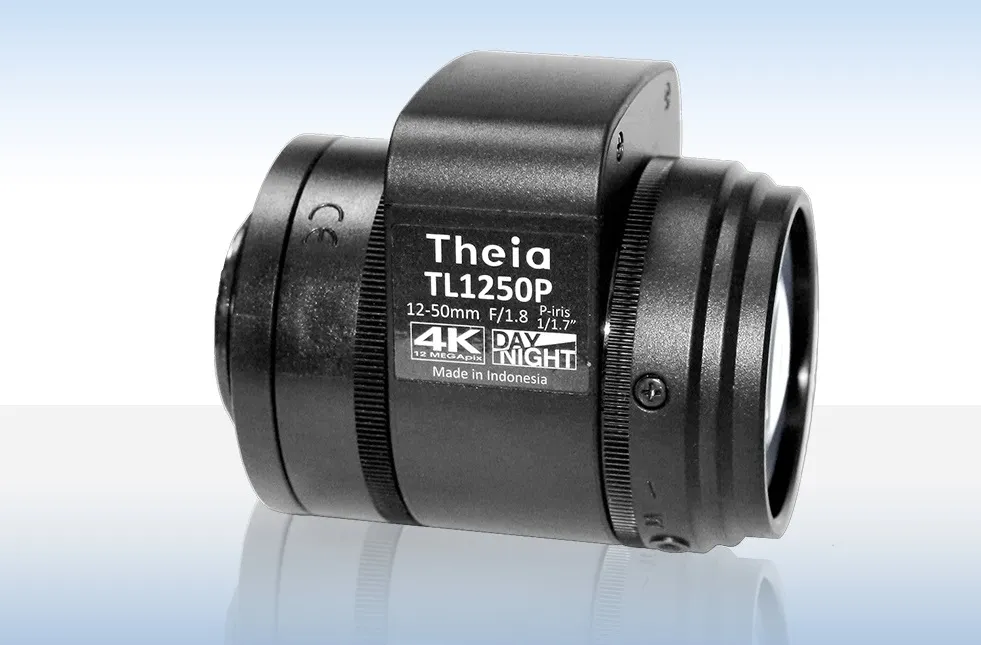Sony Europe’s Image Sensing Solutions (ISS) says its XCL-SG1240 series of Camera Link V2.0 modules utilise a 1.1-type global shutter CMOS sensor to deliver 12 MP images at 20 fps.
These cameras are suited to sectors which require exceptional detail including low (0.5 lx) or changing lighting conditions, the company adds.
The module was developed by Sony ISS engineers who worked with the Sony 1.1-type Pregius GS CMOS sensor with the intention of developing a solution which extracts better image qualit
August 6, 2018
Read time: 1 min
These cameras are suited to sectors which require exceptional detail including low (0.5 lx) or changing lighting conditions, the company adds.
The module was developed by Sony ISS engineers who worked with the Sony 1.1-type Pregius GS CMOS sensor with the intention of developing a solution which extracts better image quality.
This series includes colour and black/white modules and features area grain, shading correction, burst trigger and PoCL functions.











